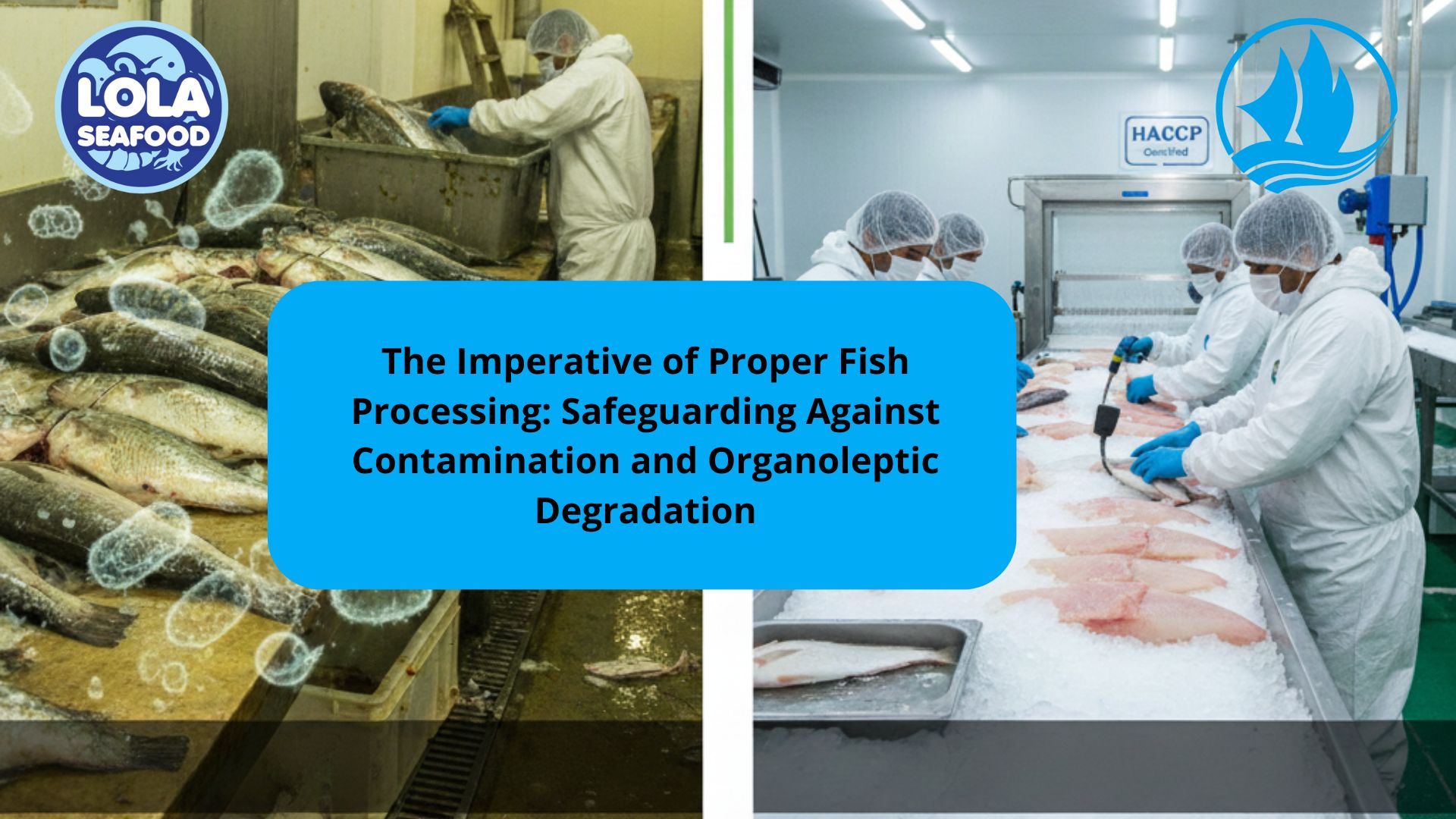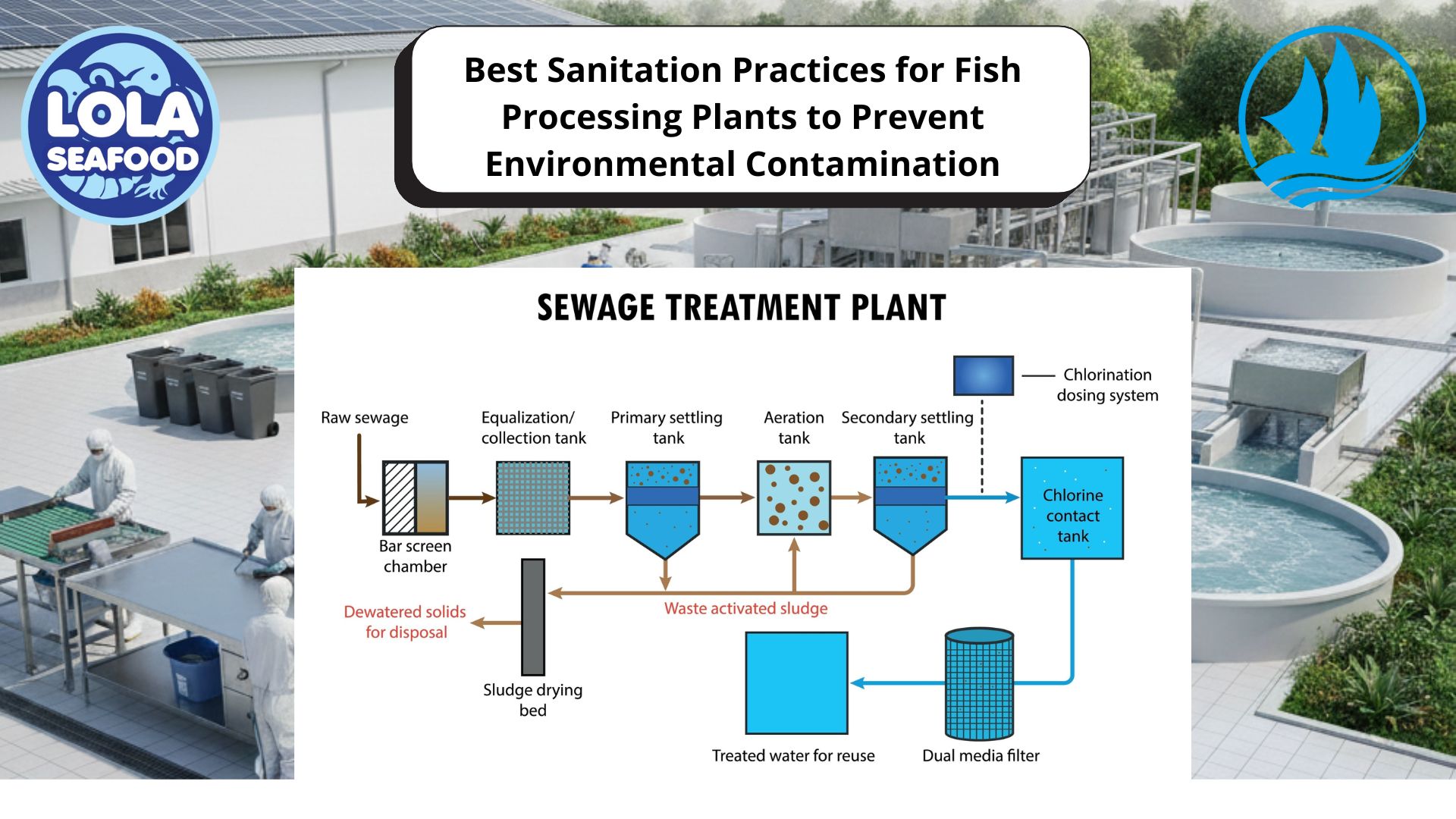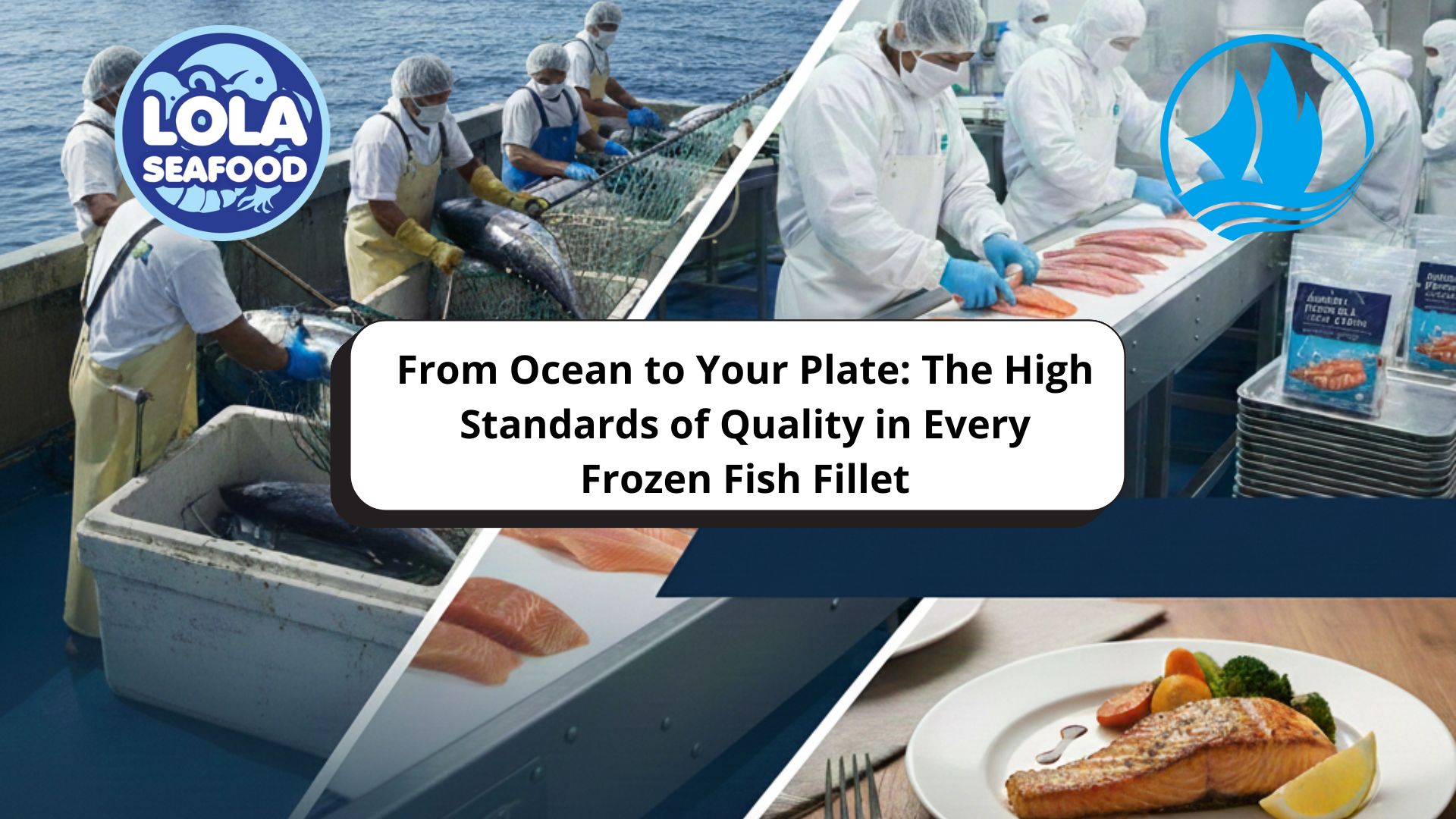5 Reasons Why You Need a Permit to Catch Grouper
By. Wiwik Rasmini - 16 Apr 2025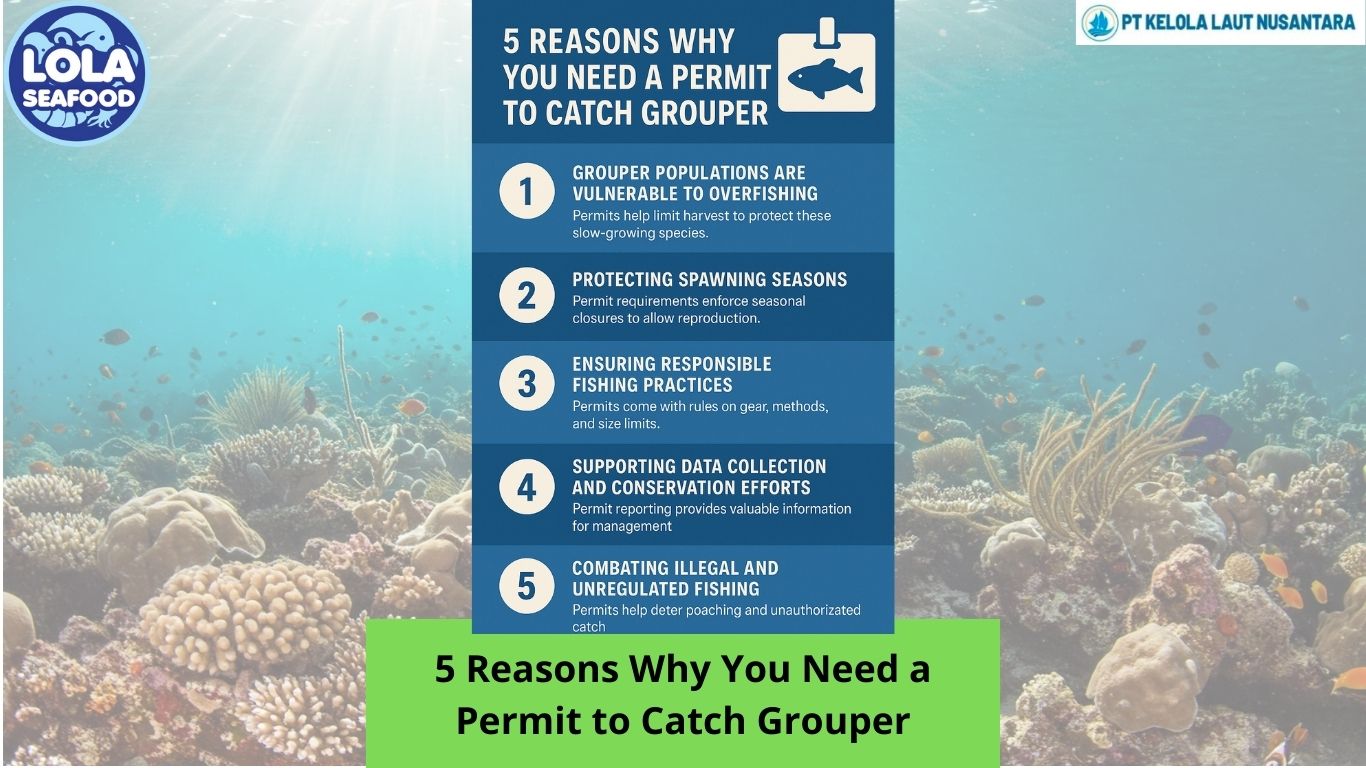
Kelolalaut.com Catching grouper, a prized species for both commercial and recreational fishers, may seem like a simple pursuit. However, many regions require permits to harvest this fish—and for good reason. Permits are not just bureaucratic red tape; they play a vital role in protecting marine ecosystems and ensuring sustainable fishing practices. Here are five key reasons why you need a permit to catch grouper.
1. Grouper Populations Are Vulnerable to Overfishing
Grouper are slow-growing and long-lived fish, with some species taking several years to reach sexual maturity. This makes them particularly vulnerable to overfishing. If too many are caught before they can reproduce, the population can quickly decline. Permits allow fisheries management authorities to monitor and limit how many groupers are caught, helping to protect the species from depletion. With regulated permits, fishing pressure can be distributed and managed in a sustainable way.
2. Protecting Spawning Seasons
Certain types of groupers, such as the Nassau grouper and Goliath grouper, gather in large groups to spawn at predictable times and locations. These aggregations are easy targets for fishers and, without regulation, can lead to mass harvesting and a sharp decline in future generations. Permit systems help enforce seasonal closures or restrict catch during spawning periods, giving the fish a chance to reproduce and maintain population levels.
3. Ensuring Responsible Fishing Practices
Permits often come with guidelines on fishing gear, methods, and catch size limits. These rules are essential for minimizing environmental damage and bycatch (the unintentional capture of non-target species). For example, using circle hooks and proper release techniques can help reduce harm to undersized or non-target fish. When fishers are required to hold a permit, it increases the likelihood that they are informed about and compliant with best practices.
4. Supporting Data Collection and Conservation Efforts
Permit holders are often required to report their catches, which provides valuable data to marine scientists and regulators. This information helps track population trends, monitor fishing pressure, and assess the health of grouper stocks. Without accurate data, it's difficult to make informed decisions about conservation or to adjust regulations when necessary. By requiring permits, authorities can collect more reliable and comprehensive data to ensure long-term sustainability.
5. Combating Illegal and Unregulated Fishing
Illegal, unreported, and unregulated (IUU) fishing poses a major threat to marine biodiversity. Requiring permits to catch grouper helps create a system of accountability. It allows enforcement agencies to distinguish between lawful and unlawful activities, deterring poachers and ensuring that only authorized individuals harvest these valuable fish. Effective permitting systems help preserve the integrity of fisheries and maintain balance in the ecosystem.
Obtaining a permit to catch grouper isn't just a formality—it’s a crucial step toward sustainable fishing. Permits help protect vulnerable grouper populations, ensure ethical fishing practices, and provide essential data for managing ocean resources. Whether you're a weekend angler or a commercial operator, complying with permit regulations helps preserve this iconic species for future generations to enjoy.
If youre interested in our Grouper Fillet Skinless, Grouper Black Dotted Whole Round, and Grouper Fillet Portion Cut please do not hesitate to contact us through email and/or whatsap
 in Meeting Global Protein Demand Sustainably.jpg)
Sustainable Aquaculture: The Role of Recirculating Aquaculture Systems (RAS) in Meeting Global Protein Demand Sustainably
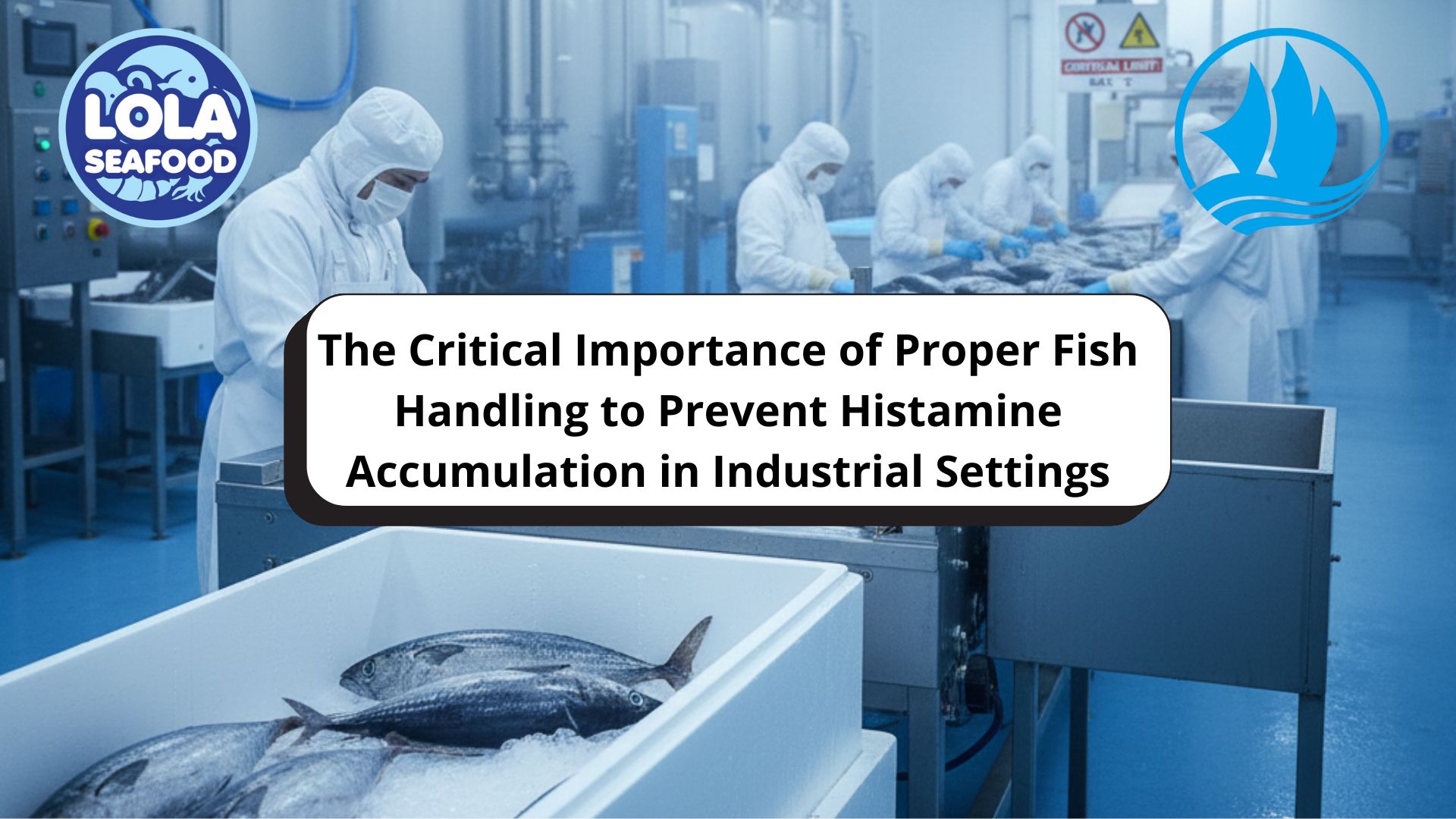
The Critical Importance of Proper Fish Handling to Prevent Histamine Accumulation in Industrial Settings
